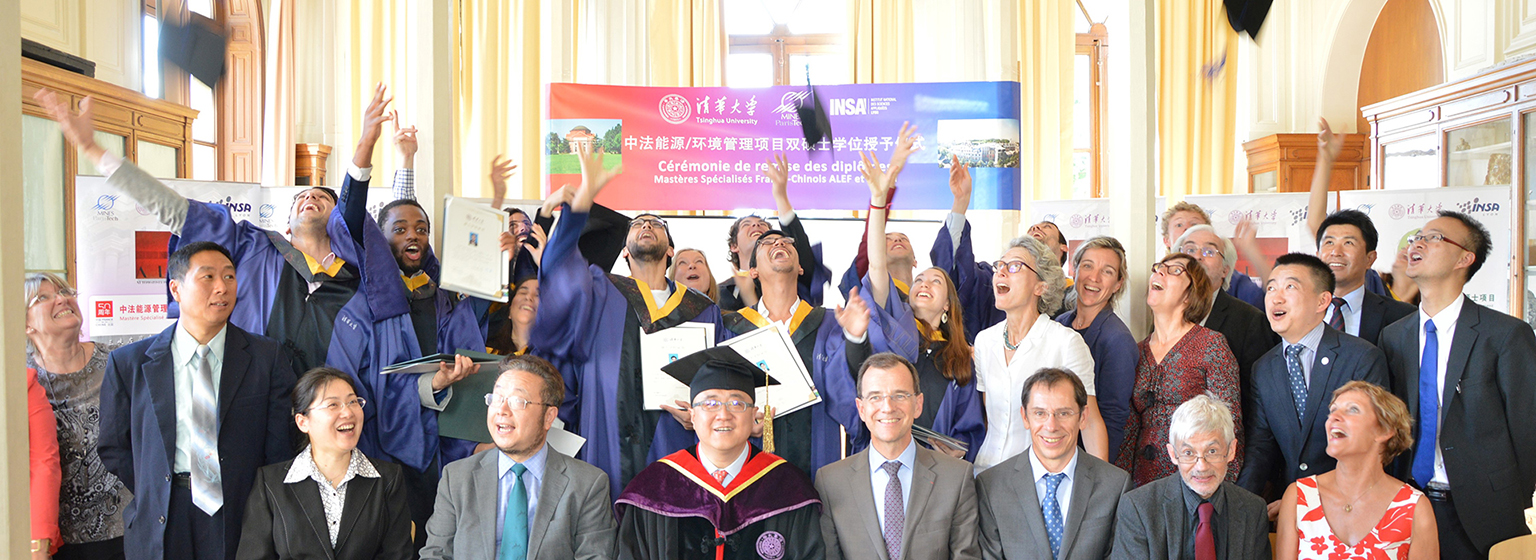課程編號(hào):80050382
課程名稱:產(chǎn)業(yè)生態(tài)學(xué)Industrial Ecology
課程學(xué)時(shí):32
課程學(xué)分:2
授課語(yǔ)言:中文
課程簡(jiǎn)介:產(chǎn)業(yè)生態(tài)學(xué)是研究物質(zhì)、能源在工業(yè)和消費(fèi)活動(dòng)中的流動(dòng),以及這種流動(dòng)產(chǎn)生的環(huán)境影響;同時(shí)研究制定針對(duì)這種影響采取的經(jīng)濟(jì)、政治、法規(guī)等對(duì)策措施。是一門研究工業(yè)與工業(yè)以及工業(yè)與環(huán)境之間相互作用關(guān)系的交叉學(xué)科。它要求人們不是孤立而是協(xié)調(diào)地看待工業(yè)系統(tǒng)與其周圍環(huán)境的關(guān)系,需要在整個(gè)社會(huì)經(jīng)濟(jì)系統(tǒng)中從物質(zhì)循環(huán)全過(guò)程——從天然材料、加工材料、零部件、產(chǎn)品、廢舊物品到產(chǎn)品最終處置——對(duì)物質(zhì)、能量和信息加以優(yōu)化。屬于工業(yè)污染預(yù)防的學(xué)科。本課程以講授為主,現(xiàn)場(chǎng)研學(xué)為輔,重點(diǎn)講述概念、模式和方法三個(gè)模塊。概念模塊主要講述工業(yè)發(fā)展進(jìn)程所帶來(lái)的生態(tài)環(huán)境問(wèn)題、產(chǎn)業(yè)生態(tài)學(xué)的概念及其展望;模式模塊主要介紹行業(yè)、工業(yè)園區(qū)、區(qū)域以及全球尺度上工業(yè)生態(tài)化的演進(jìn)模式及其面貌;方法模塊介紹物質(zhì)流分析和產(chǎn)品生命周期分析方法。希望通過(guò)本課程教學(xué),讓學(xué)生掌握工業(yè)生態(tài)學(xué)的基本理論、方法工具和實(shí)踐應(yīng)用體系,讓學(xué)生了解工業(yè)系統(tǒng)與自然生態(tài)系統(tǒng)存在的互動(dòng)模式及作用機(jī)制,達(dá)到認(rèn)識(shí)工業(yè)生態(tài)系統(tǒng)和多學(xué)科交叉研究的目的,為環(huán)境問(wèn)題解決提供一個(gè)概念性的整體框架和系統(tǒng)思路。
Industrial ecology is an interdisciplinary study of the interactions among industries and interactions between industry and the environment and the impacts of these interactions, as well as the development of economic, political and regulatory responses to such impacts. It requires that the relationship between industrial systems and their surroundings is not seen in isolation but in harmony, and that the entire material cycle - from natural materials, processed materials, components, products, waste products to the final disposal of products - is optimized throughout the socio-economic system. It is the discipline of industrial pollution prevention.
The course is mainly lecture-based, supplemented by on-site study. The main content consist of the ecological and environmental issues arising from the industrial development process, the concept of industrial ecology and its outlook, the evolutionary patterns and the outlook of industrial ecology at the industry, industrial park, regional and global scales, material flow analysis and product life cycle analysis methods. It is hoped that through the teaching of this course, students will master the basic theories, methodological tools and practical application systems of industrial ecology, so that they can understand the modes of interaction and mechanisms of action that exist between industrial systems and natural ecosystems, industrial ecosystems and multidisciplinary interdisciplinary research, and gain a conceptual overall framework and systematic thinking for environmental problem solving.





